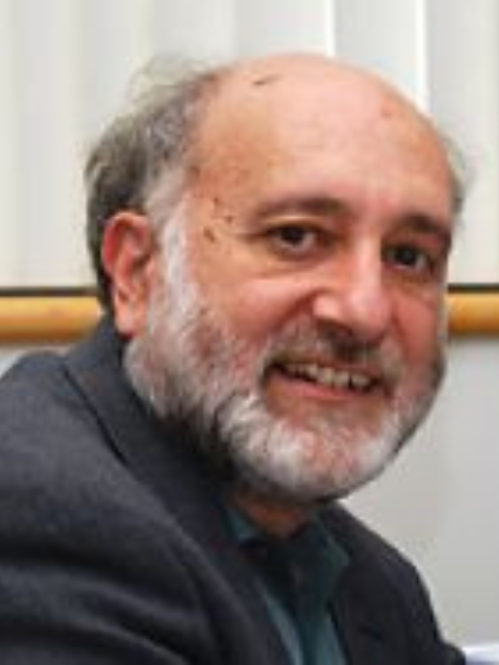Jeffrey Laskin, PhD

Biography
Jeffrey Laskin, Ph.D., is a distinguished professor in the Department of Environmental and Occupational Health and Justice at the Rutgers School of Public Health. Dr. Laskin has expertise in mechanistic toxicology, biochemical toxicology, drug formulation and development, and regulatory affairs, areas that he teaches in the joint graduate program in Toxicology at Robert Wood Johnson Medical School, Rutgers School of Pharmacy, and Rutgers School of Public Health. Dr. Laskin earned his doctoral degree in pharmacology at the State University of New York.
Research Interests
Dr. Laskin has been working in the fields of pharmacology and toxicology for over 30 years. He has been involved in developing biochemical and molecular techniques for assessing mechanisms of toxicity. Many of the mechanisms he studies are directed towards understanding chemical-induced inflammation and tissue injury. Over the past few years, he has become particularly interested in chemical threat agents as the field relates to protecting civilian populations against exposures highly toxic chemical agents. Dr. Laskin has been interested in two classes of chemical threat agents, vesicants and nerve agents requiring activation by the cytochrome P450 system. Dr. Laskin has also investigated mechanisms by which these agents modify proteins in target cells. He has been using techniques in Liquid Chromatography with tandem mass spectrometry (LC-MS-MS) to identify chemical modifications in redox-active proteins, focusing particularly on the thioredoxin reductase system as it controls cellular redox balance. Using techniques in flow cytometry, he has identified pathways in the cell cycle particularly sensitive to vesicants in target cells which include the skin and lung. Novel targets for vesicants in the cell cycle have been identified. He is using this information in attempts to block vesicant toxicity as this may lead to the development of effective therapeutic countermeasures. Dr. Laskin is also investigating the mechanism of action of neurotoxins. The P450 system has been identified as a target to prevent metabolic activation of these neurotoxins. Focusing on this pathway has enabled him to develop effective countermeasures that prevent metabolism and neurotoxicity. It has also allowed him to reverse toxicity resulting from acute exposures to these neurotoxins.